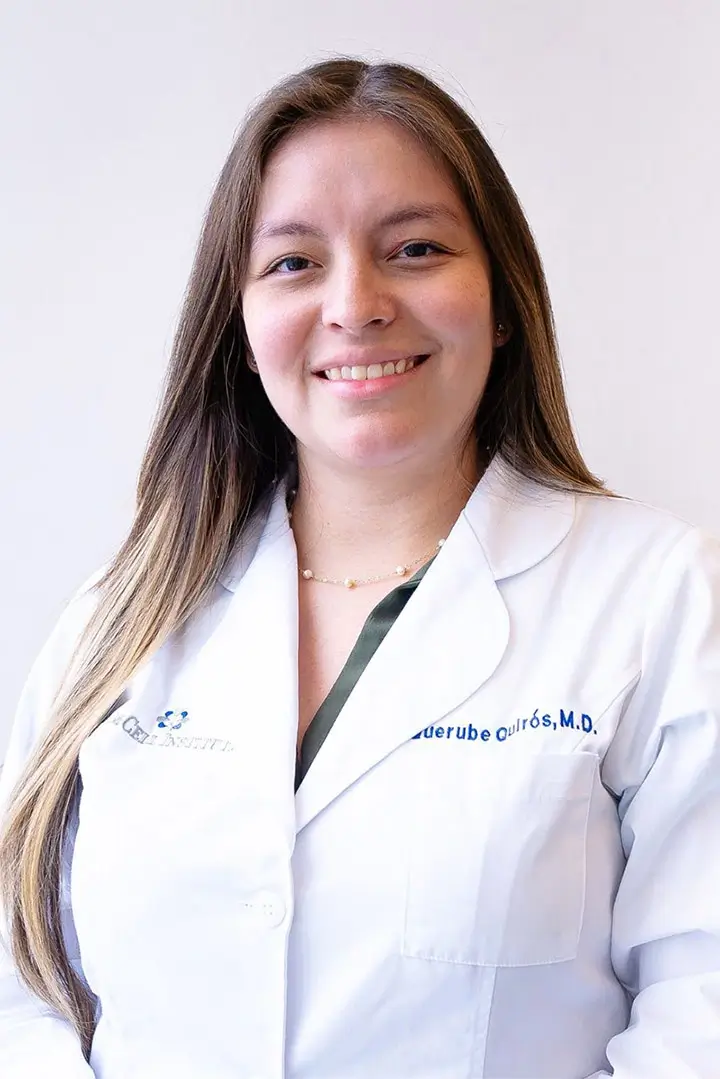A team of researchers led by Dr. Erick Kurzrock at the UC-Davis Children’s Hospital have isolated the first known stem cells to be found in the adult human bladder. According to Dr. Kurzrock, Chief of the Division of Pediatric Urology at the UC-Davis Children’s Hospital, “This is the first time that candidate adult stem cells of the lining of the bladder have been identified. The main thing that we’ve done is characterize some of the protein expression on the outside of these cells and define what they look like and how they are different from other cells of the bladder.”
According to Dr. Jan Nolta, Director of the UC-Davis Stem Cell Program, “This is an important step. Until now, no one had identified these cells that give rise to the bladder, and there are a lot of people who need replacement bladder tissue, like children with pathological conditions such as spina bifida and adults with spinal cord injuries or cancer. What this means is that for children with many diseases where there is a problem with the bladder we may eventually be able to regenerate the tissue of the bladder. We are currently working on ways to bioengineer replacement organs using stem cells, and now, due to Dr. Kurzrock’s interesting work, the bladder will be one of the candidates.”
Spina bifida and anencephaly are severe birth defects which are both caused by a deficiency in folic acid, which is one of the B vitamins. Although global reports of spina bifida have been decreasing since 1995, the disease is believed to be underreported on birth certificates. In 1999, the U.S. Centers for Disease Control and Prevention (CDC) estimated that approximately half a million cases of spina bifida and anencephaly occur each year throughout the world. While anencephaly is a fatal birth defect and spina bifida also carries a high morbidity and mortality rate, those children who are born with spina bifida and who are able to live to adulthood are permanently disabled. Both diseases are preventable with folic acid supplementation.
In addition to treating children with spina bifida, which is characterized by a loss of the use of the child’s legs and a loss of bladder and bowel control, Dr. Kurzrock also treats children with other conditions and congenital defects of the bladder. According to Dr. Kurzrock, “Most of what I do in my clinical practice is reconstructive surgery. I need a lot of tissue to rebuild things. If we could bioengineer new bladder replacement tissue, that would be great because today we use bowel and stomach tissue.”
As the only comprehensive hospital in the Sacramento region dedicated exclusively to children, UC-Davis Children’s Hospital treats more than 100,000 children each year. Even prior to this recent discovery of stem cells that reside in the bladder, UC-Davis Children’s Hospital was already considered a leader in the use of stem cells for the bioengineering of replacement organs.

